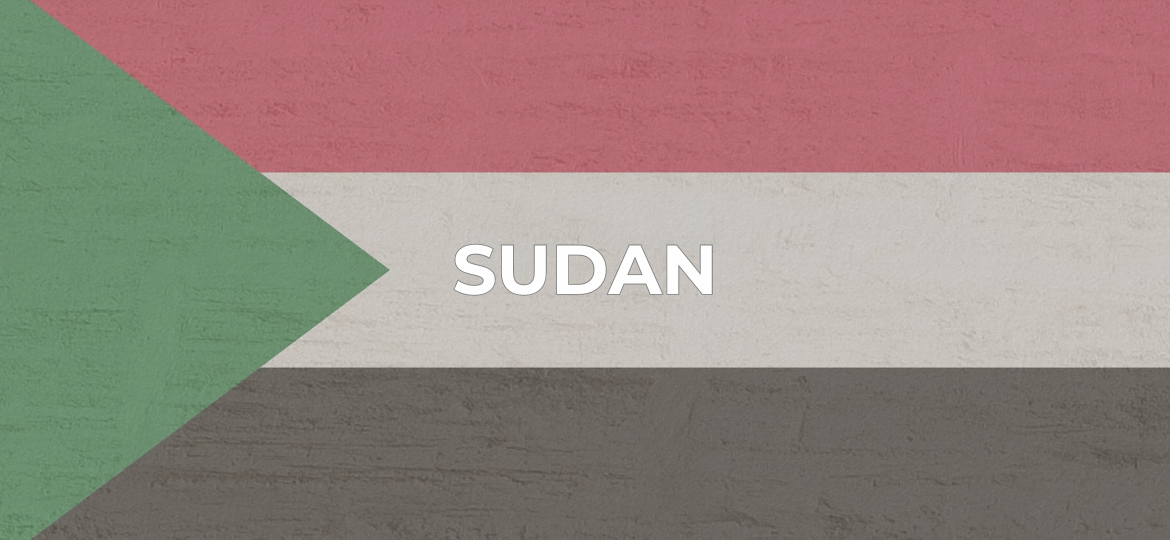
On 15 April 2023, explosions and gunfire were heard as violence erupted in Khartoum and other Sudanese cities between the Sudanese Armed Forces (SAF) led by Sudan’s current head of state as Chairperson of the Sovereign Council (SC), General Abdel-Fattah al-Burhan, and a paramilitary group, the Rapid Support Forces (RSF), led by General Mohamed Hamdan Dagalo (also known as “Hemedti”). As of 24 April 2023, the death toll is estimated at over 400 persons, with thousands injured. The fighting has spread to other cities and regions, including Darfur, threatening to escalate into full-blown conflict.
Outstanding human rights issues dating back to the pre-2019 era, as well as issues that arose from the 2018-2019 peaceful popular revolution and the military coup of 25 October 2021, in particular repression of peaceful protests, have not been settled. Accountability of security forces and security sector reform remain distant dreams. Severe restrictions on human rights and fundamental freedoms are in place. The last developments only make the operating environment more challenging for human rights defenders (HRDs) and other independent actors, in a now near-total closure of civic space.
Since the 25 October 2021 coup, de facto authorities systematically used excessive and sometimes lethal force, as well as arbitrary detention to crack down on public assemblies. The situation was particularly dire for women and girls, including women HRDs. It is feared that they will now be at an increased risk of sexual and gender-based violence. In Khartoum and elsewhere, HRDs and those who have called for civilian rule, human rights reforms, and a democratic transition are likely to be targeted.


